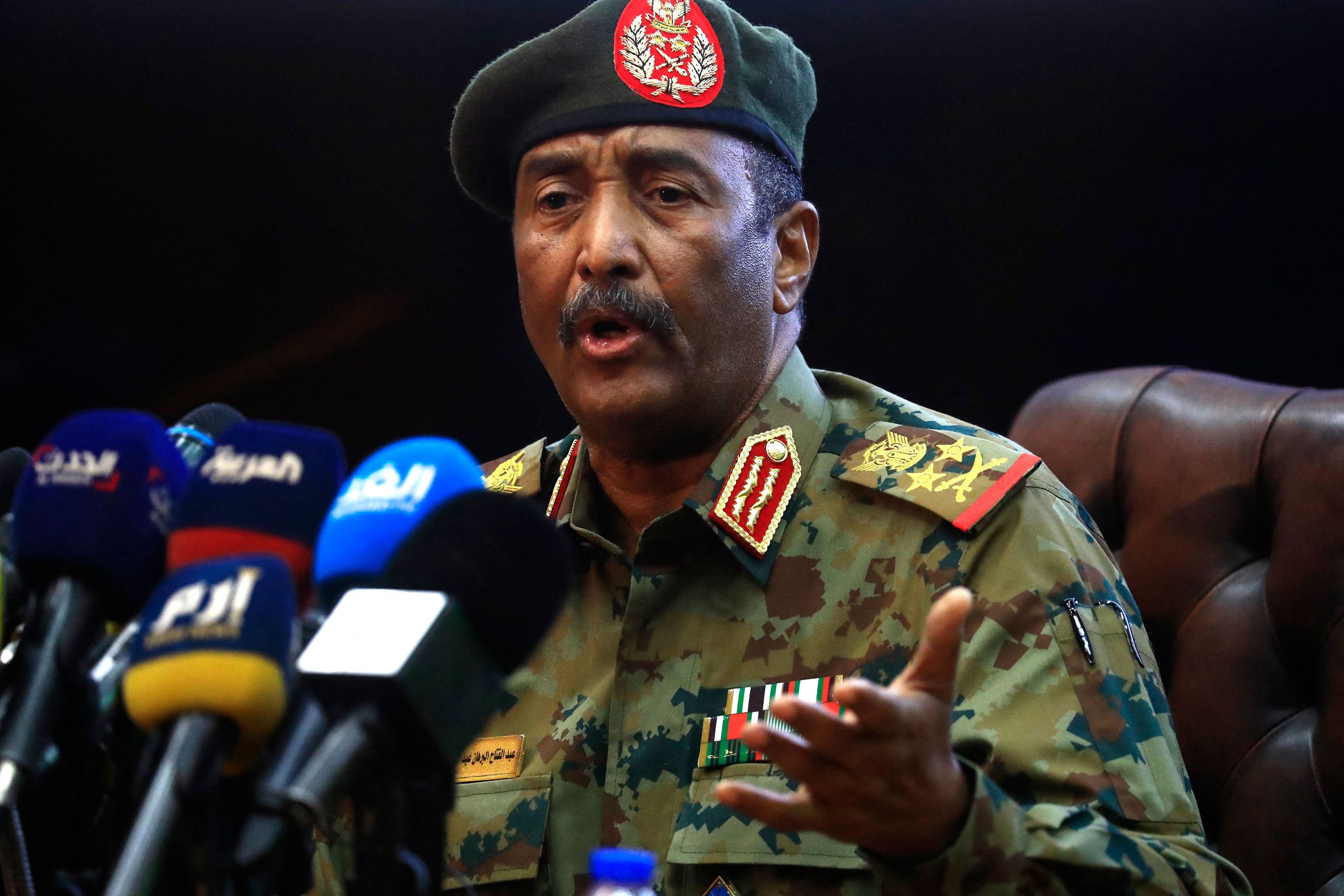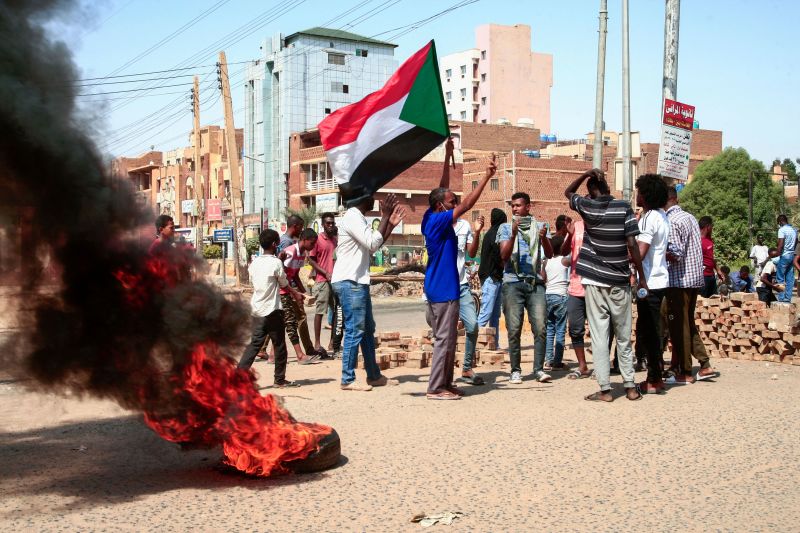Sudan’s Political Turmoil: Military Coup and Public Unrest
On October 25, Sudan’s military made a significant move by dissolving its power-sharing government and declaring a state of emergency. This event marks a critical turning point in Sudanese history, coming after months of escalating tensions and unrest.
Details of the coup followed weeks of protests, where military and civilian groups had attempted to share power following the ousting of former President Omar al-Bashir in 2019.
A week before this pivotal moment, Prime Minister Abdalla Hamdok had announced intentions for a full transition to civilian rule to be completed by November 17. This promise echoed the sentiments of thousands of Sudanese who had taken to the streets, demanding accountability and progress in the pro-democracy movement. However, on October 25, both Hamdok and numerous government officials were detained by the military.
Military Leadership’s Response
Gen. Abdel Fattah al-Burhan, leader of the armed forces, stated that an “independent and fair representative government” would be established until elections could be held in 2023. He also mentioned that several articles of the constitution had been suspended, and state governors were dismissed.
Public Reaction
As news of the coup spread, widespread protests erupted in the capital, Khartoum. Demonstrators gathered en masse, lighting bonfires and erecting barricades in a display of defiance against the military takeover.












